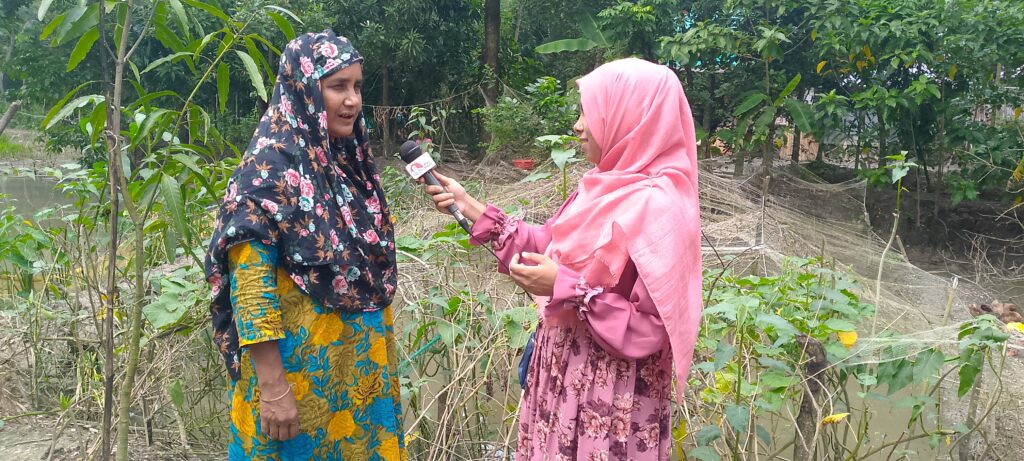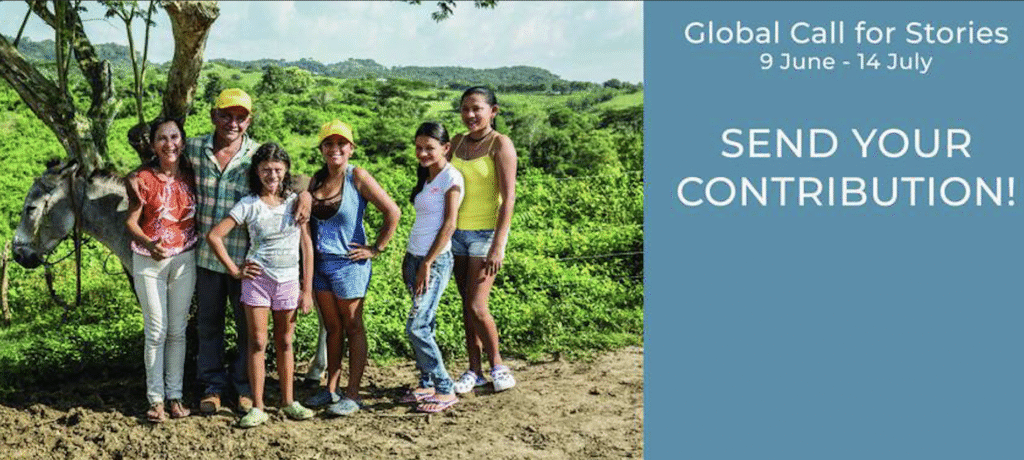IAMCR-FAO RCS Awardees recognized at IAMCR Lyon 2023 Confab
The three recipients of the IAMCR-FAO Rural Communication Services (RCS) Research Awards presented their papers at a special panel during the IAMCR 2023 Conference in Lyon, France on July 12, 2023 where they were also formally recognized. The session was also live streamed via Zoom and the Cccomdev Facebook page.
The award’s goal is to recognize and support research that advances our understanding of RCS, particularly its use in Africa, Asia, or Latin America.
The Awards Committee received over 40 abstracts. Special consideration was given to abstracts that considered factors such as the participatory design of communication services in rural areas, appropriation of media by family farmers, institutionalization of communication services for rural communities, and evidence-based approaches for inclusive RCS, particularly in the Global South.
Based on the 40 submissions, eight authors were invited to submit their complete papers. From there, the selection committee was able to choose three winners:
- Improving rural communication services through co-innovation towards commercial family farming in Timor-Leste: Insights from the Redi KAMODI model by Dr Nurul Hilmiati (Indonesia).
- Developing contemporary Rural Communication Services in Indonesia, prototype testing of Digital Farmer Field School (DFFS) by Mrs. Nurdahalia Lairing (Indonesia).
- Rural radio and citizen participation: Role of digital technology in multi-stakeholder participation by Dr Ma. Theresa Rivera (Philippines).
Dr. Nurul Hilmiati’s paper on the improvement of RCS through co-innovation offered insights on how rural communication services can transform farmers to become more commercial-oriented.
She gave her insights on Redi KAMODI (RK) which is a co-innovation platform where members seek ways to improve livelihood through improved cattle farming. Dr. Hilmiati emphasized the function of the participatory method in RK’s operation.
On the other hand, Mrs. Nurdahalia Lairing also received an award for her paper on Digital Farmer Field School (DFFS) involving an android-based learning platform. It is used by farmer groups and rural extension agents for knowledge exchange and co-creation. DFFS is an alternative to conventional extension services.
The learning platform seeks to offer a new way to exchange up-to-date information on sustainable farming practices and health information. It also serves as a communication channel between rural service providers and the community.
Lastly, Dr. Maria Theresa Rivera’s paper discussed how the integration of digital technology within the community radio station, DXUP-FM, enables and shapes citizen engagement and participation. Dr. Rivera highlighted the transformative role of digital technology in promoting inclusive and meaningful citizen participation, fostering cultural harmony, and upholding community-driven development processes towards peace building.
Read the awardees’ abstracts and full papers on the IAMCR website here.
Photo credit: Mark Lester Chico
Note: This article is originally published in CCComDev website.



